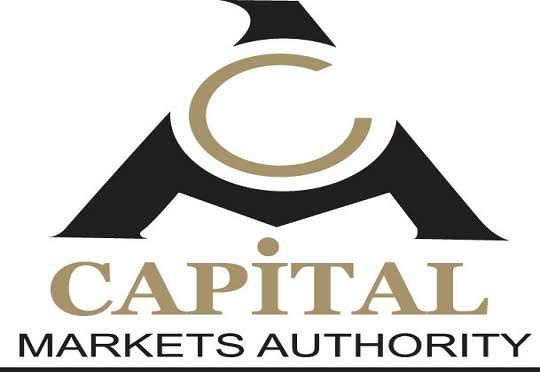At least 3.6 billion Shillings have so far been lost by Ugandan investors in closed-down investment companies, which were declared Ponzi Schemes by the Capital Markets Authority (CMA).
CMA issued a warning to the public in September on potential losses from investing in Capital Chicken Ltd, The Mall Fund Limited, and Veta Plan Chicken, saying that they had not been approved to offer investment contracts to the public.
The regulator of capital markets explained that the high returns promised were not from the chicken being reared, but money collected from new members was being used to pay older ones.
This, according to CMA, meant that sooner, the companies would run out of recruits and fail to pay the investors. Days later the companies closed and are now under investigation by police and other anti-financial crime agencies.
CMA Supervision Manager Denis Kizito says that the figure is rising especially for Capital Chicken as more people keep reporting. He adds that the mushrooming Ponzi schemes are one of the major challenges the authority is facing in its regulatory role yet many Ugandans are yearning for investment opportunities and falling victim easily to fraud.
Kizito says while there is a need for intensified regulatory activities including amending the laws to empower agencies, the public also needs sensitization about safe investment. Apart from the three, there are other cases the CMA and police are investigating.
Over several years Ugandans have lost billions of Shillings to Ponzi schemes with many of the perpetrators closing business and disappearing with the savings of the public. The three companies were the first to close down evidently after the intervention of the authorities.
However, there is no guarantee that the victims will ever recover their investments since it is hard to trace their assets to realise money to refund the investors.
Joseph Magala, a legal officer, and member of the Anti-Money Laundering Committee says the law allows for seizing or freezing of assets, but the clause does not extend to Ponzi schemes. This is one of the areas that the regulators want reviewed in the proposed amendments to the CMA Act.
This was during an interaction between the media and CMA officials on the new developments in the industry. He, however, gives hope, that with collaboration and partnerships with other agencies that have different mandates, including the Directorate of Public Prosecution, seizing of assets and refunding victims could be possible.
Among the amendments that CMA want are the full power to prosecute suspects which would help realise faster justice for the aggrieved. Currently, the legal department there is allowed to conduct prosecution, but they have to wait for the DPP to sanction files for prosecution.
Magala says that the problem with this is that it leads to delays yet financial crimes need to be handled urgently to put a stop to the losses which otherwise keep accumulating as cases lie un-handled. The authority also warned Uganda’s prospective investors to always consult it or the locally licensed brokers and financial advisors, before investing their money.
With the growing use of digital or online spaces for different purposes, there are also online advisory services, which, unfortunately, are hard to regulate or follow up on in case of an undesired incident.
Kizito, the Supervision Manager, gave a case of a Ugandan who contacted a financial advisor online in Bermuda for an investment in the US, saying they found it hard to attend to his complaint.
URN.

